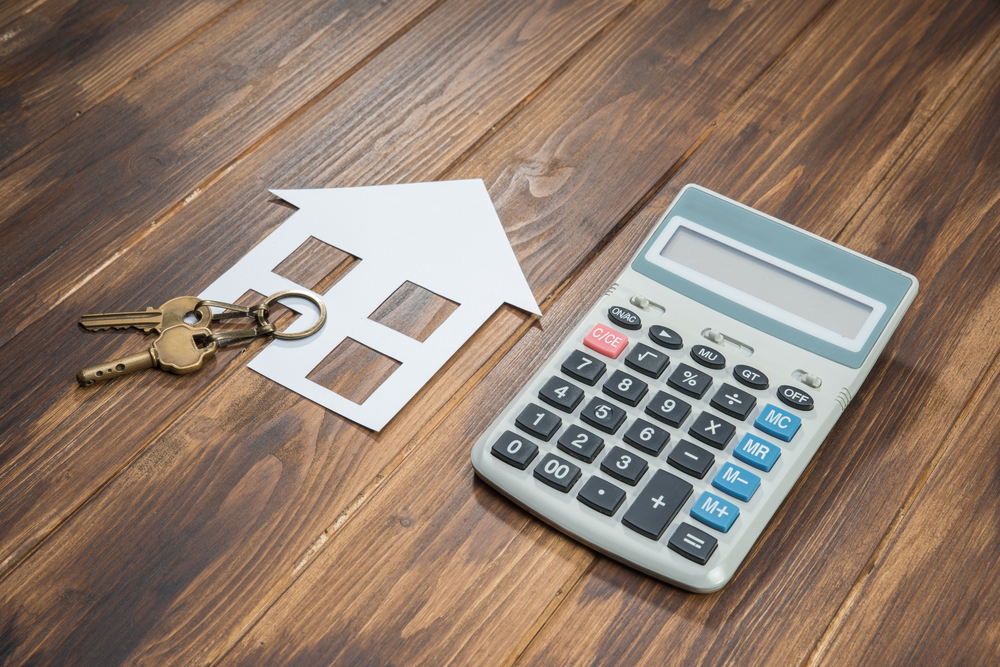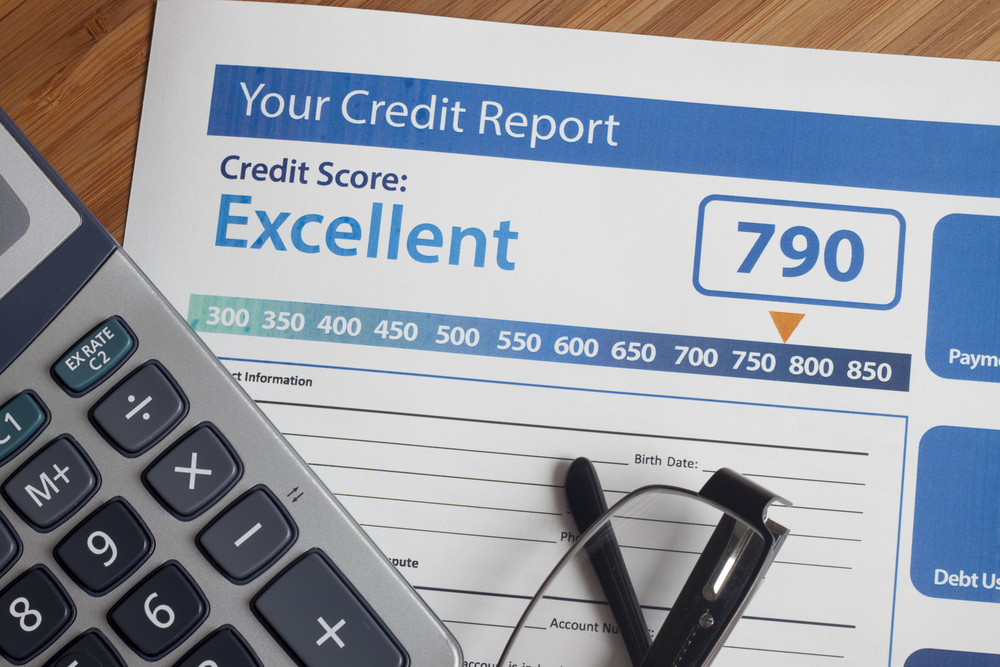Is It Time for You to Buy a Home?
 Making the jump from “renter” to “homeowner” can be scary, especially since, well, you’ve never been through the process of buying a home before. It can be hard weighing what makes the most financial sense for you and your family—and what would best serve your particular lifestyle.
Making the jump from “renter” to “homeowner” can be scary, especially since, well, you’ve never been through the process of buying a home before. It can be hard weighing what makes the most financial sense for you and your family—and what would best serve your particular lifestyle.
To make your decision between renting and buying a little easier, here is a brief look at some signs that it is time for you to buy a home. If in reading this list you notice that more than one of these apply to you, it’s probably time to consider buying a home.
You are planning to stick around for at least a few years.
It doesn’t make sense, of course, to establish roots in a place of you plan on uprooting and moving in the next year or so. There costs involved with securing a loan, closing on a sale, moving, etc. simply make it cost-prohibitive to do so.
Think about your current life and future plans (including your spouse’s, if applicable) and ask yourself if you are absolutely sure that you will be around for at least a few years. If you are a young working professional who is just establishing a career and considering grad school, for example, do you know that neither your career nor school will take you elsewhere?
Knowing that you’ll be sticking around somewhere isn’t the only reason to buy a home, of course, but it’s one of the first questions you should be asking.
You would be prepared to put 20% down on a home.
As this article points out, there are a great many benefits to putting down at least 20% when buying a home. You’ll ultimately pay less in loans in the long run, for example, and you get to sidestep mortgage insurance as well.
 So, if you happen to be at a point where you have enough in your savings to put down 20% on a home, then you should absolutely consider buying a home (assuming it would make sense in other ways, as well). And if you aren’t quite at a 20% down payment but could be in the next year or two, consider waiting until you can hit that mark.
So, if you happen to be at a point where you have enough in your savings to put down 20% on a home, then you should absolutely consider buying a home (assuming it would make sense in other ways, as well). And if you aren’t quite at a 20% down payment but could be in the next year or two, consider waiting until you can hit that mark.
A 20% down payment is a lofty goal, of course, and for many individuals it is still quite possible to finance a mortgage without making a full 20% down payment. Some lenders, for example, require as little as 5% on a down payment.
So, this is just one of many financial factors to consider. Still, don’t underestimate the advantages of saving for a larger down payment.
You’re prepared to take on additional homeownership expenses.
With homeownership comes a great many expenses that you may not have anticipated beforehand. In addition to paying mortgage on a home, for example, you also have to cover more utilities to cover more square footage.
Are you prepared to handle higher energy bills and other utilities? What about maintenance costs for things like broken appliances, unsealed granite countertops, and worn caulking around windows? And what about lawncare and landscaping?
Many of the monthly expenses that come with homeownership are not ones that you are used to budgeting for as a renter, so these expenses are important to think about before you take on a mortgage payment.
You have a good credit score.
 Your credit score will tell lenders how well you have paid off debts in the past—and therefore how well they can expect you to pay them back.
Your credit score will tell lenders how well you have paid off debts in the past—and therefore how well they can expect you to pay them back.
A good credit score is essential for obtaining a better loan, so if you’re wrangling credit card debt at the moment, it’s definitely a good idea to consider paying that off first. It’s good to have at least a year of strong credit history under your belt before you apply for a home loan.
The housing market is in your favor.
Just like the stock market, the housing market is impossible to predict with 100% precision. Still, there are ways to gauge whether it is a “buyer’s market” in your area.
Check out the home listings in your area—if most of the listings have been around for 6 months or more, then prices should be reasonable. If you notice that most homes are getting snatched up in a matter of weeks, on the other hand, you know that the market is fairly competitive, and competition between buyers is probably driving home prices up.
You may even find when researching the market in your area that it simply makes much more financial sense to rent rather than buy. This article has more great information on the advantages of renting a home versus buying a home.
Category: Housing





i like this article thanks